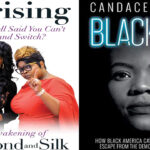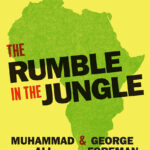
How C.L.R. James Created the Haitian Revolution That Created Him
Brandishing the tools of genetic criticism, Rachel Douglas illustrates how James wrote and revised texts not simply as part of his own creative development, but to recast his political insights for new audiences and changing circumstances.








